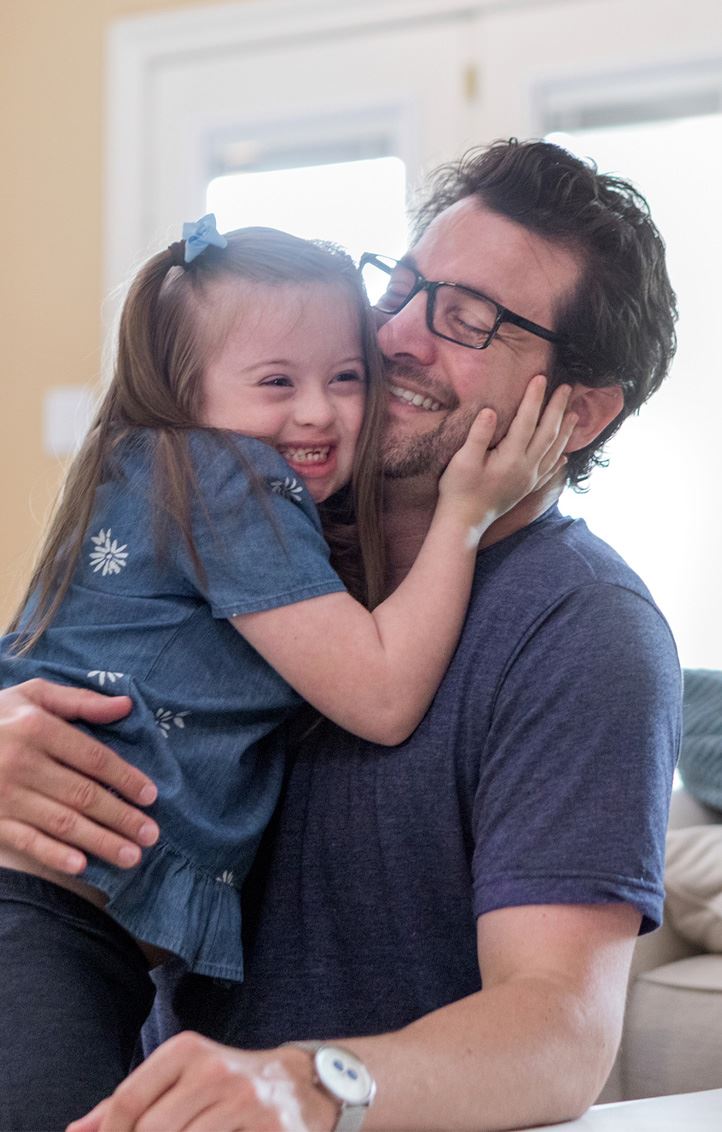The Difference Between Guardianship & Conservatorship
The care of someone falls into two broad categories. There is what’s referred to as care of the person. It covers the person’s residency and medical needs. Children whose parents die may go to live with their grandparents. The grandparents would secure the rights for the care of the person, which is also guardianship.
Conservatorship applies to the management of financial affairs. Let’s say the children who went to live with their grandparents had reasonably wealthy parents. The orphaned children are inheriting a complex financial estate, and the kids don’t yet have the capacity to manage that estate — perhaps the grandparents don’t either. Thus, steps are taken to find a qualified person to serve as the conservator.
It’s worth noting that guardianship and conservatorship roles can be held by the same person. Your estate planning attorney can help determine what makes the most sense in your particular situation.
How Guardianship Works
There are three different types of guardianships in Oregon:
- Limited guardianship: These are guardianships that last a limited period of time and can often be obtained fairly quickly. An example where this is needed might be if the guardian of an elderly parent is given an opportunity to work abroad on a project that will last nine months. One of their siblings will take over the responsibility of taking care of the mom or dad. Care for this length of time inevitably involves more than just letting someone take over your spare room. It will likely require some type of legal authority when advocating for the parent at the doctor’s office. Limited guardianship provides that authority.
- Temporary guardianship: This is similar to limited guardianship, but shorter in scope. Temporary guardianship in Oregon expires after 30 days, though it can be renewed in 30-day increments with court approval.
- Standard guardianship: A standard guardianship lasts as long as it needs to, which is however long an adult is incapacitated or until a minor reaches adulthood. The guardian is required to make annual reports to the court.
When guardianship over children is in dispute, the court may appoint a guardian ad litem. The guardian ad litem is a lawyer whose job is to advocate for the child’s best interests. The guardian ad litem will typically undertake a thorough investigation and talk to potential guardians, other adults in the immediate circle (teachers, neighbors, etc.), and the child themselves. The guardian ad litem will make a recommendation to the court.
But in spite of the terminology, the guardian ad litem does not do any other function that might be customarily associated with guardianship. They do not house the child or care for their financial future. It’s a temporary, court-appointed role to ensure that at least one lawyer in the case has no other interest than the child.
How Conservatorship Works
If conservatorship has not been already established by either the estate planning of parents (in the case of a minor) or by granting power of attorney (in the case of an adult), then someone must file a petition with the court to become someone else’s conservator.
The court filing will state that the person in question is unable to manage their financial affairs and explain the reasons for the individual’s incapacitation.
If the person in question is an adult, their inability to care for their own finances must be proven in court. This means much more than showing the adult is wasting money. It needs to be proven that their mental capacities have declined to the point that they can no longer process information in a way that’s needed to make good decisions. They must bring in medical expert witnesses to testify that the person has reached the legal threshold of incapacitation and requires conservatorship.
Guardianship and conservatorship might be separate functions, but it’s important that the people holding these roles be on the same page. Separating medical and financial decisions sounds easier on paper than it is in practice. The guardian might believe it’s time to move an elderly parent into assisted living. The conservator might think that’s not necessary. The guardian has the legal right to make the decision, which doesn’t amount to a lot if they can’t get access to the money.
Contact Us Today
Lexemy Law, LLC has over 15 years of experience managing difficult legal matters for families. We know how important it is that children get the proper care, and we understand the need for our elderly parents to have people that love them in charge of vital affairs. We’ll work diligently to help you understand all the legal facets of your case and help you reach the right decision for your family.




